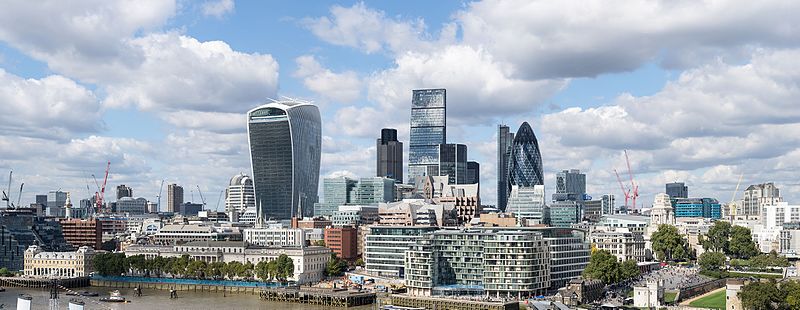
October saw an unexpected decline in the UK economy, driven by increased interest rates that restrained consumer spending and adverse weather conditions sweeping across the nation.
A 0.3% contraction in the economy was recorded for the month, following a 0.2% growth in September. Household expenditure felt the pinch due to the Bank of England's efforts to tackle inflation through rate hikes, with the next rate decision scheduled for Thursday.
Severe weather conditions from Storm Babet impacted retail and tourism, exacerbating the economic downturn. Most predictions had forecasted a 0.1% shrinkage in the economy for that month, but various sectors, including services, manufacturing, and construction, all experienced contraction.
While Prime Minister Rishi Sunak has pledged to expedite economic growth, a notable upturn isn't anticipated until January 2025, aligning with the next general election.
Chancellor Jeremy Hunt remarked that subdued economic growth was an anticipated consequence while interest rates work to alleviate inflation. However, Shadow Chancellor Rachel Reeves expressed concern that this economic decline would leave working individuals worse off.
The Office for National Statistics (ONS) indicated a stagnant performance in the UK economy in the three months leading up to October compared to the preceding quarter. Services, particularly in IT, legal, and film production sectors, were significant contributors to the October decline.
The ongoing impact of the cost-of-living crisis, coupled with monetary policy tools, continues to influence economic trends. The Bank of England's sequence of rate increases, aimed at curbing inflation, now at 4.6%, has reached a 15-year high of 5.25%. This policy, while beneficial for lowering inflation, concurrently elevates borrowing costs for consumers and businesses, influencing overall economic growth.
The Chancellor's Autumn Statement proposed measures to stimulate private sector investment, aiming to revitalize growth. However, businesses, like Winchester Motor Group, face dilemmas about expanding investments amidst market uncertainty caused by higher rates.
Yael Selfin, Chief Economist at KPMG UK, anticipates continued modest growth in the short term due to sustained high rates. However, she also predicts challenges for households as around 1.5 million fixed-rate mortgages expire next year, leading to increased repayments. The likelihood of the Bank of England cutting rates is contingent on inflation nearing the 2% target from its current 4.6%. Photo by © User:Colin / Wikimedia Commons / CC BY-SA-4.0.



































